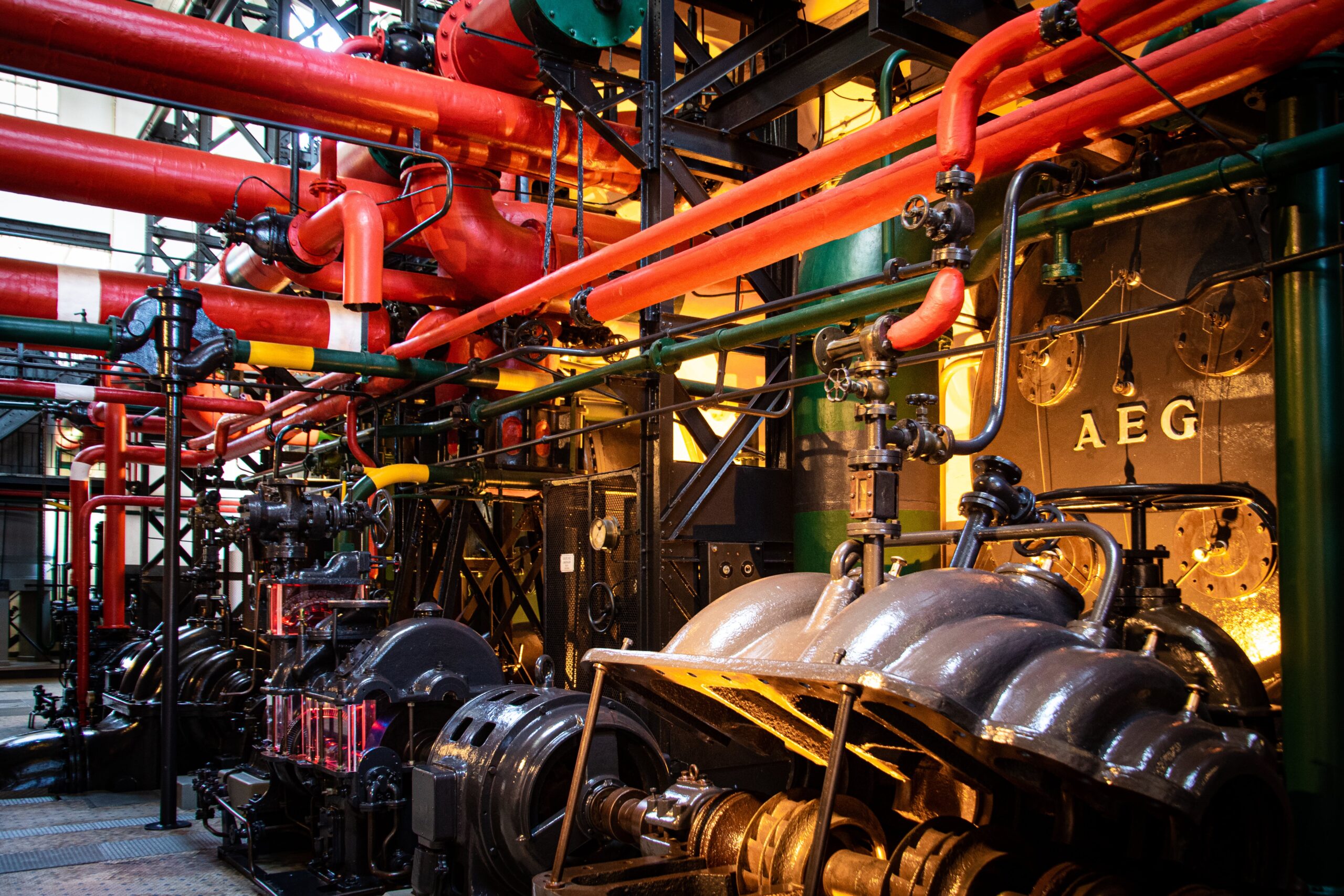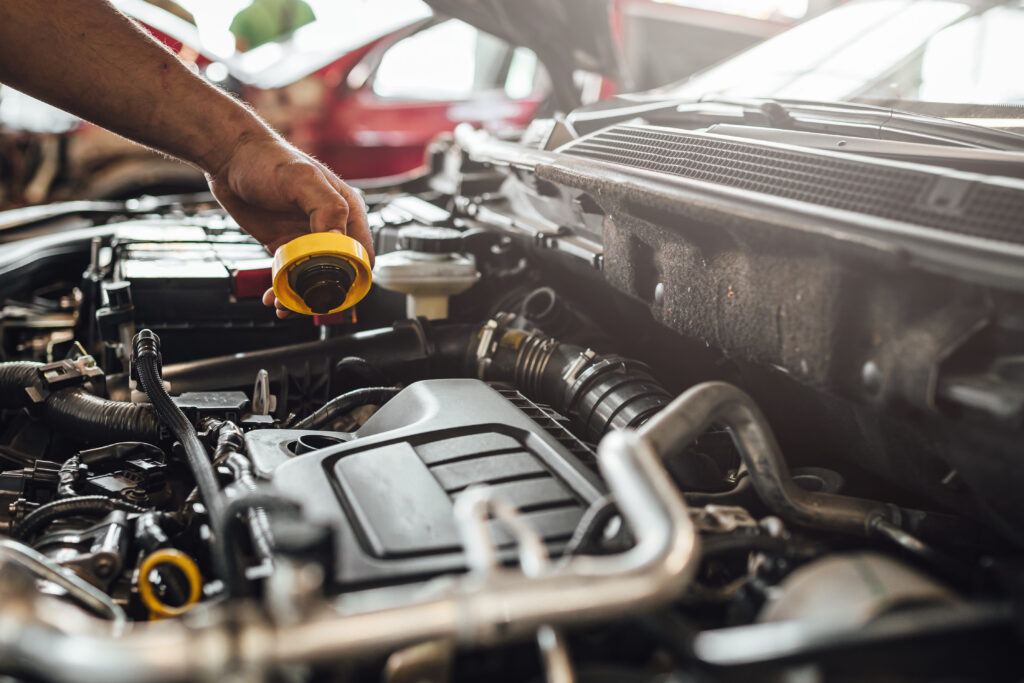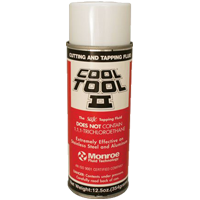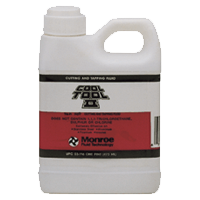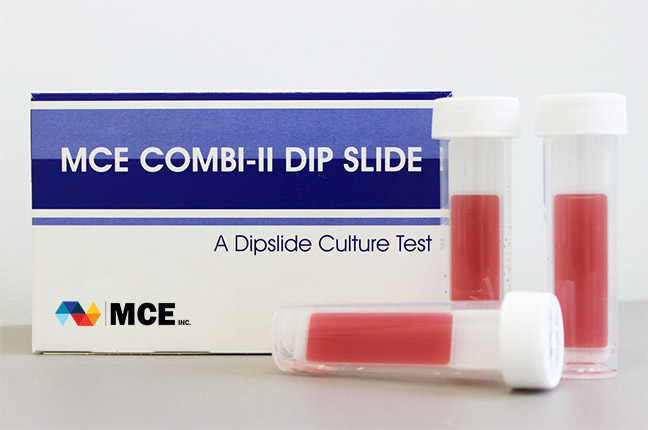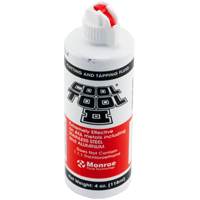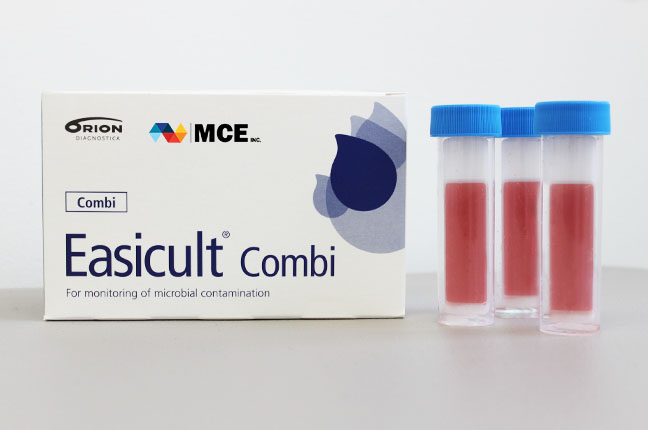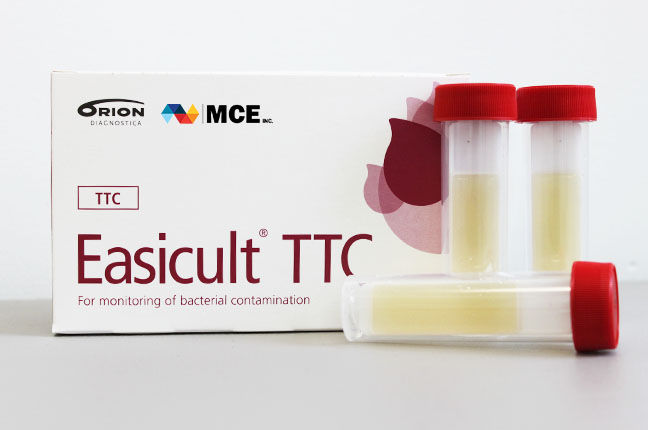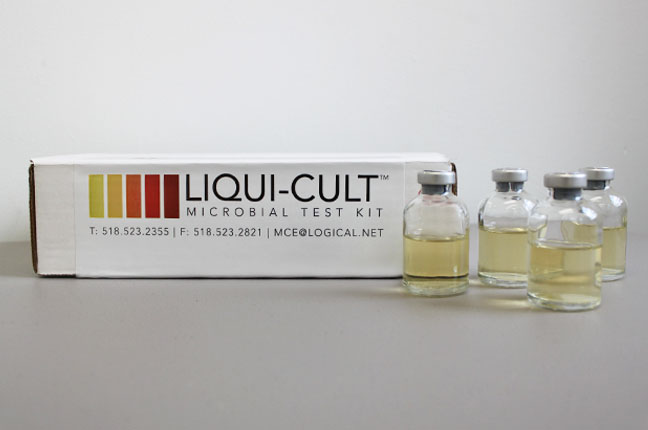From cultivation-based methods to molecular techniques and high-throughput sequencing, these ten popular microbial analysis techniques have transformed our understanding of microorganisms and their functions in many ecosystems. As technology advances, it is exciting to imagine the future possibilities and potential breakthroughs that await us in the field of microbial analysis. By staying current on these techniques, we may harness the power of microbes for innovation, illness prevention, environmental conservation, and a variety of other applications. We may continue to uncover the hidden mysteries of microbes and harness their potential for the benefit of humanity through continued research and collaboration.
The role of fuel quality in equipment performance
When it comes to ensuring optimal machine operation, fuel quality is critical. The quality of the fuel you use, whether in vehicles, trucks, or heavy gear, can have a direct impact on how well your equipment runs. Clean and high-quality fuel provides a smooth and efficient engine, whereas dirty and low-quality fuel can cause a variety of issues that influence performance, efficiency, and even the longevity of your equipment.
Using polluted or low-quality gasoline might have catastrophic consequences for your machinery. Fuel contaminants can cause clogged filters, broken fuel injectors, and reduced combustion efficiency. This not only impacts engine performance but can also lead to increased fuel consumption, decreased power, and even engine failure. Furthermore, low-quality fuel can contribute to higher emissions, which harm the environment and may violate regulatory regulations. To avoid these risks and maintain the longevity of your equipment, it’s critical to grasp the indicators of contaminated or low-quality gasoline.
Common Contaminants and Impurities Found in Fuel
-
Water is a common fuel contaminant
One of the most prevalent impurities found in fuel is water. It can enter the gasoline system via moisture or leaks and cause a variety of problems. Water in fuel can cause corrosion, fuel system clogs, and the growth of microbiological organisms, all of which degrade fuel quality. Detecting and managing water pollution is critical to preventing engine damage.
-
The presence of dirt, sand, or sediment in fuel
Other contaminants that might enter fuel include dirt, sand, and silt. These impurities can clog fuel filters, injectors, and other engine components, reducing fuel flow and decreasing combustion efficiency. Regular fuel quality analysis aids in the identification of these contaminants and enables early corrective action.
-
Microbial growth and its impact on fuel quality
Microbial growth, such as bacteria and fungi, can thrive in fuel, particularly in the presence of water. These organisms can degrade fuel, causing clogging of fuel filters, injector fouling, and even fuel tank corrosion. Detecting microbial development is critical for preventing long-term damage and maintaining fuel quality.
Detecting Signs of Contaminated or Poor-Quality Fuel
1. Unusual engine noises or vibrations
Unusual engine noises or vibrations can be caused by contaminated fuel. If you detect knocking, pinging, or harsh idling, it could be a sign of contaminated fuel. These problems are caused by improper combustion, which is caused by tainted gasoline or additives that do not fulfill quality standards.
2. Decreased engine performance and power
Fuel of poor quality can impair engine performance and power output. If you see your equipment straining or accelerating slowly, it could be a symptom of fuel-related issues. Resolving gasoline quality issues can aid in the restoration of optimal performance.
3. Increased fuel consumption and reduced efficiency
If you discover that your equipment is consuming more fuel than usual or is performing less efficiently, it could be due to tainted fuel. Impurities in the fuel can cause the combustion process to be disrupted, resulting in partial combustion and increased fuel consumption.
4. Fuel filter clogging and frequent maintenance
Clogged fuel filters are frequently caused by contaminated fuel. If you find yourself replacing or cleaning fuel filters more frequently than suggested, this could be a sign that your fuel quality needs attention. Fuel analysis and maintenance on a regular basis might help you avoid costly filter replacements and keep your equipment working smoothly.
Impact of Contaminated Fuel on Engine Performance
- Engine damage and wear caused by contaminated fuel
Fuel contamination can cause engine damage and premature wear. Impurities in fuel can increase friction, resulting in faster wear on engine components like pistons, rings, and cylinders. This can lead to lower engine performance, limited longevity, and the need for costly maintenance over time.
- Fuel injector and combustion chamber issues
Poor fuel quality can cause deposits to form in fuel injectors and combustion chambers. These deposits can affect combustion by restricting fuel flow, disrupting the fuel spray pattern, and interfering with combustion. This can result in diminished power, lower fuel efficiency, and even engine misfires. Regular fuel quality monitoring can aid in the early detection of these concerns, thereby preventing long-term damage.
- Impact on exhaust emissions and environmental concerns
Using contaminated fuel not only reduces machine performance but also increases exhaust emissions. Impurities in fuel can cause poor combustion, resulting in higher levels of dangerous pollutants being discharged into the atmosphere. This not only hurts the environment, but it can also result in noncompliance with emission requirements and severe legal ramifications. You may reduce your environmental effects and comply with requirements by assuring fuel quality.
Remember that investing in fuel quality analysis and utilizing high-quality gasoline is critical to keeping your equipment working smoothly, avoiding costly repairs, and minimizing environmental damage. Don’t jeopardize the lifeblood of your engines; provide them with the clean, high-quality gasoline they require!
FINAL THOUGHTS
Fuel quality is an important component of running an effective operation, whether you have a fleet of vehicles or operate heavy machinery. Regular fuel testing and analysis, adherence to quality standards, and preventive actions such as correct storage and filtration are all critical components in ensuring optimal fuel quality. By following these precautions, you can protect your equipment, save downtime, and keep your business’s engines running smoothly. So, let us toast to clean, high-quality fuel, which is the lifeblood of effective operations!
Maintaining maximum performance and dependability in equipment and vehicles requires regular fuel analysis. Businesses can reduce the risk of engine damage, save maintenance costs, and increase overall efficiency by understanding the indicators of contaminated or poor-quality gasoline, identifying common pollutants, and complying with fuel quality standards and laws. Implementing preventive measures such as adequate fuel storage, filtration, and dealing with recognized suppliers improves the quality of fuel used even more. Investing in fuel testing and analysis is an investment in the long-term performance and longevity of equipment, assuring smooth operations and cost-effective maintenance.
Visit us at Metalchem.com for a free consultation about your product needs. Feel free to contact us or email us at or********@gm***.com.

